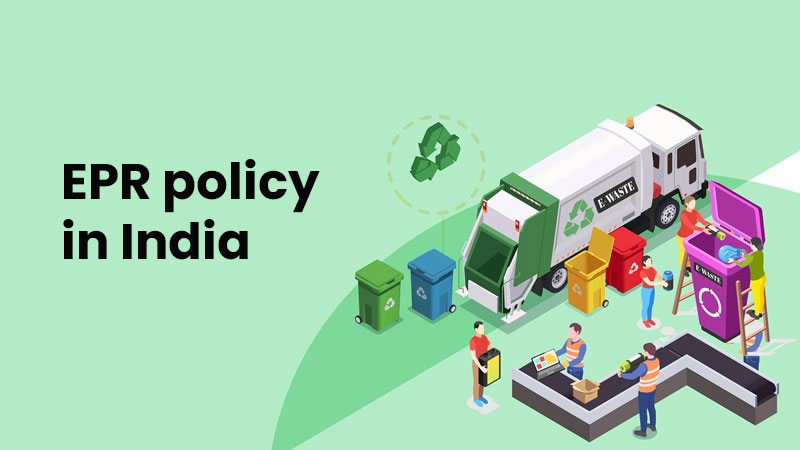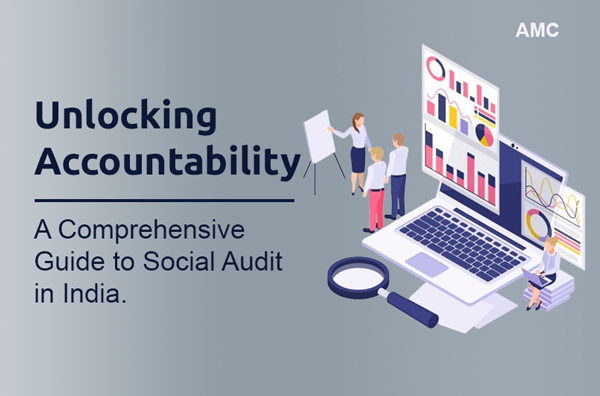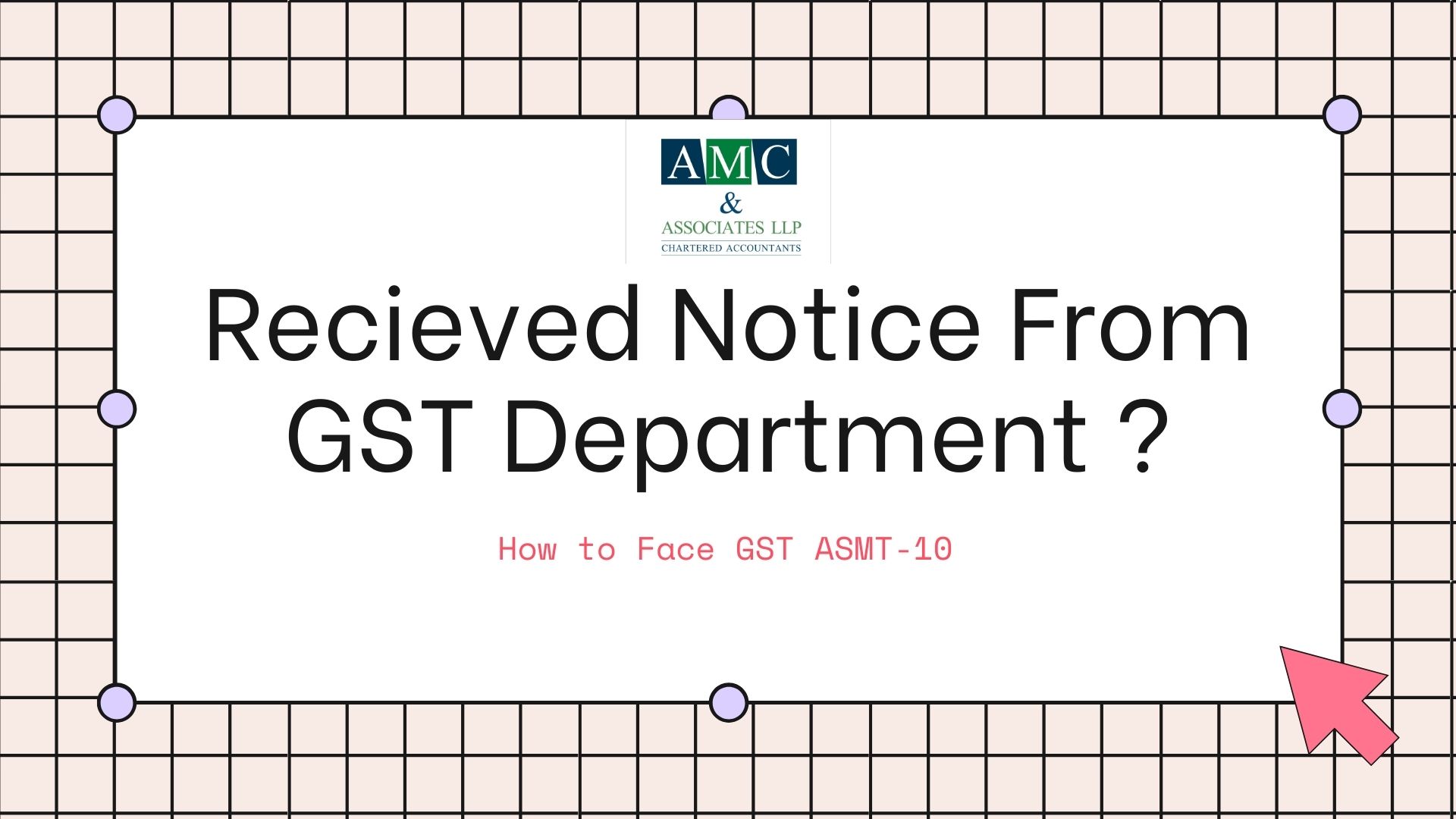Categories
Top Posts

Legal Services

Taxpayers

GST Return Filing

Legal Services

Legal Services

GST Registration

Taxpayers

Legal Services

Legal Services

Taxpayers

Legal Services

Taxpayers

Legal Services

GST Registration

Taxpayers

Legal Services

Legal Services

Legal Services

Legal Services

Legal Services

EPR Management

EPR Management

Legal Services

Legal Services

Taxpayers

Social Audit

Taxpayers

GST Return Filing

Legal Services

Legal Services

Legal Services

GST Return Filing

GST Registration

Legal Services

LLP vs. Sole Proprietorship
Posted: 10 months ago
Which Business Structure is Right for You?
When starting a new business, one of the most important decisions you’ll make is choosing the right legal structure. Two popular options for small business owners and entrepreneurs are Limited Liability Partnership (LLP) and Sole Proprietorship. Both have their advantages and limitations, depending on your business needs, risk level, and growth plans. Let’s explore the key differences between the two to help you make an informed choice.
1. Legal Status
A Sole Proprietorship is the simplest form of business where a single individual owns, manages, and controls the business. It is not a separate legal entity; the owner and the business are considered the same in the eyes of the law.
An LLP, on the other hand, is a separate legal entity registered under the Limited Liability Partnership Act, 2008. It requires at least two partners and offers more formal structure and protection.
2. Liability Protection
One of the biggest differences lies in liability. In a Sole Proprietorship, the owner has unlimited personal liability. This means that if the business incurs debts or legal issues, the owner's personal assets are at risk.
In contrast, partners in an LLP enjoy limited liability, meaning they are not personally responsible for the business’s debts. Their liability is limited to the amount they invested in the business.
3. Registration and Compliance
Setting up a Sole Proprietorship is quick and requires minimal documentation. Depending on the nature of the business, one may need a GST registration, shop and establishment license, or other local registrations.
LLPs require formal registration with the Ministry of Corporate Affairs (MCA), a digital signature for designated partners, and compliance with annual filings such as Form 8 and Form 11. While the process is more complex, it ensures greater transparency.
4. Taxation
Sole Proprietors are taxed as individuals. The business income is added to the owner’s personal income and taxed according to the individual income tax slab rates.
LLPs are taxed as separate entities. They pay a flat tax rate of 30% plus applicable surcharge and cess. However, LLPs are not subject to Dividend Distribution Tax (DDT), which is a benefit over traditional companies.
5. Credibility and Growth Potential
LLPs generally enjoy more credibility in the eyes of banks, investors, and clients due to their formal structure and regulatory compliance. They are better suited for raising capital or forming partnerships.
Sole Proprietorships are ideal for freelancers, consultants, and small-scale businesses with low risk and minimal capital needs. However, they may face limitations when trying to scale or secure funding.
Conclusion
Choosing between an LLP and a Sole Proprietorship depends on your business goals. If you want a low-cost, easy-to-manage setup with full control, a Sole Proprietorship may work well. But if you need liability protection, legal recognition, and growth potential, an LLP is a smarter long-term choice.
Key Differences Between LLP and Sole Proprietorship
|
Which One Should You Choose?
- Choose Sole Proprietorship if you're starting a small, low-risk business that requires minimal investment, such as a freelance service, small shop, or consultancy.
- Choose LLP if you're planning to scale, need partners, want to limit personal liability, or are looking for better legal structure and long-term sustainability.
Still unsure which one to choose? Get in touch with our experts today for free business consultation and registration support
Frequently Asked Questions
What is the basic difference between LLP and Sole Proprietorship?
Sole Proprietorship: A business owned and managed by one person; not a separate legal entity. .
Who can start it?
Sole Proprietorship: Only 1 person needed..
Is registration mandatory?
Sole Proprietorship: No mandatory registration, but local licenses may be needed..
What about liability?
Sole Proprietorship: Unlimited liability — owner’s personal assets can be used to pay business debts. .
Taxation?
Sole Proprietorship: Income is taxed as the individual’s personal income..
Compliance Requirements?
Sole Proprietorship: Minimal compliance — mainly personal tax filings..
Suitable for?
Sole Proprietorship: Best for small individual-run businesses or startups. .
Can it raise investment easily?
Sole Proprietorship: Harder to raise funds from investors. .
